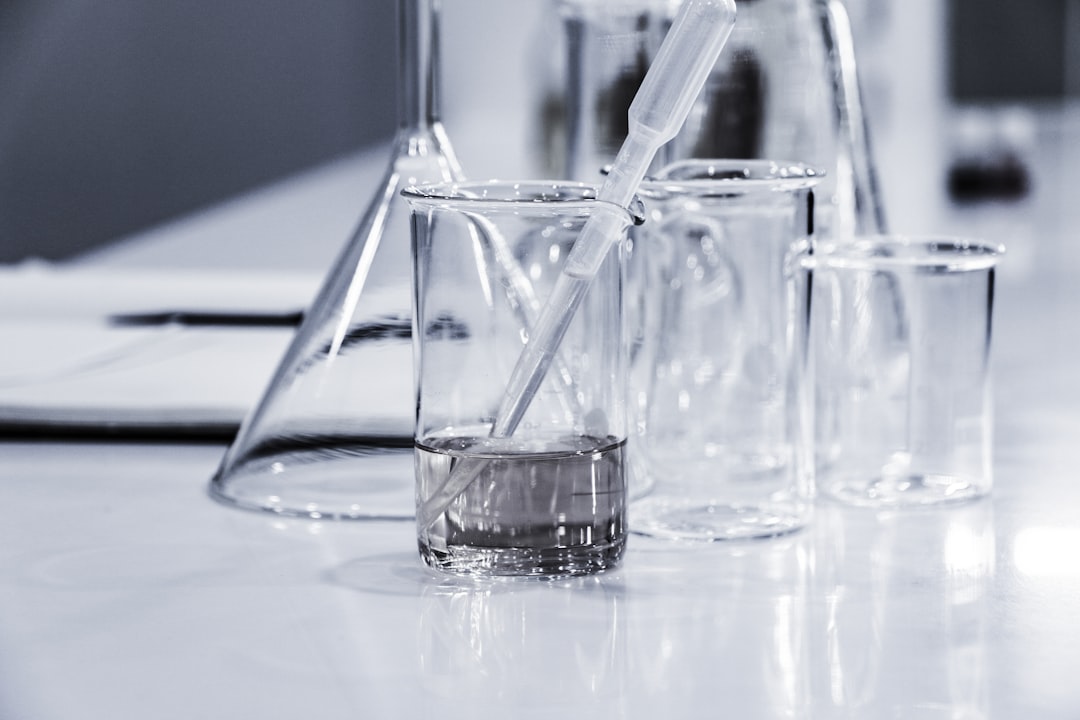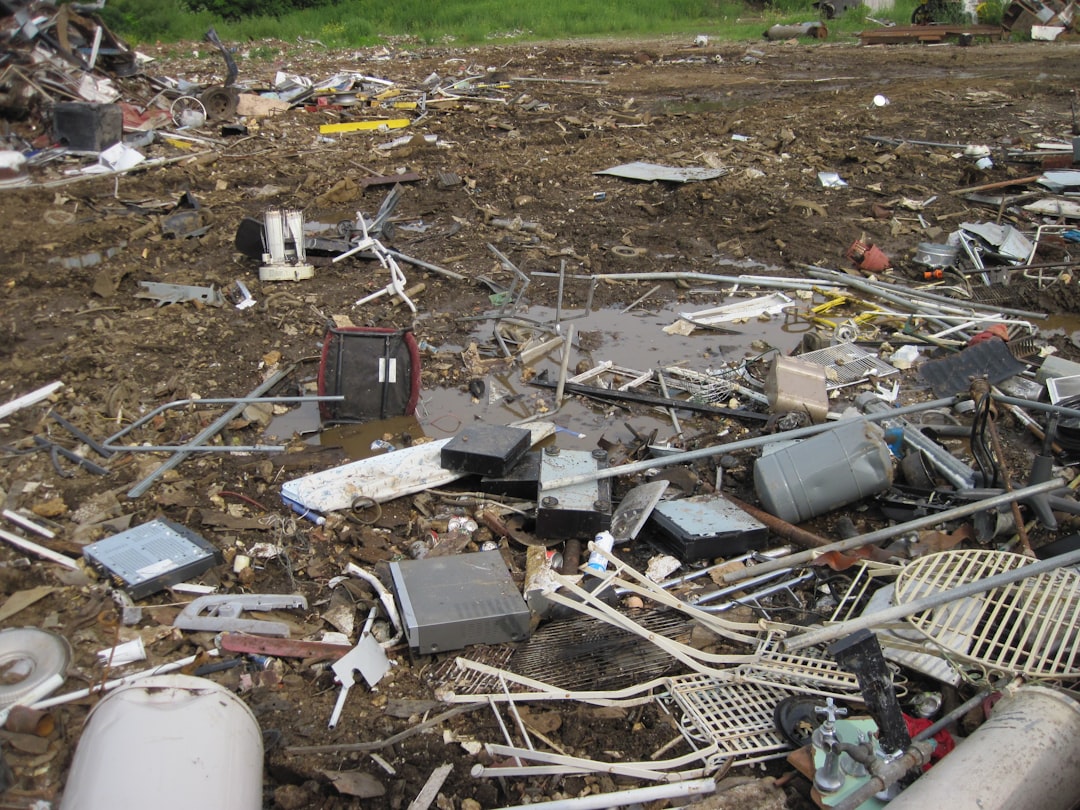What is it about?
The outflow of fertilizers, runoff from farms, and wastewater into the environment releases high amounts of nitrates. This high amount of nitrates, in turn, poses a threat to the environment and people's health. Researchers all over the world are trying to find solutions to this problem. ‘Electrochemical denitrification’ is one of the promising ways to do it. The method is less polluting, easy to operate, and cost effective. However, the use of this method in real water is not well studied. Knowing how the presence of other substances in real water affects this process is important for this purpose. To get to know this aspect better, the authors looked at the factors affecting the way nitrates are taken out from water. They studied the strength of the electric current and how easily electricity could flow. The authors also looked at the acidic strength of the liquid and the other types of substances present in it.
Featured Image

Photo by J K on Unsplash
Why is it important?
Even though electricity can be used to remove pollutants from water, few studies have investigated how well it works for real wastewater. This study aims to understand this better by determining how different substances impact the process of removal of nitrates. The findings show that chlorides help with nitrate removal. On the other hand, phosphates and organic substances do not help in this process. Calcium and carbonates have almost no effect. The authors also found that better electrical flow and stronger current makes the process better. The electrical conductors used in the setup also worked well, lasted a long time, and were economical. These findings are important for the real world use of this method and also important to both academia and industry. KEY TAKEAWAY: A high level of nitrates in water is a threat to the environment and human health. This study suggests that the method can be effective for real wastewater purification. This research relates to the following Sustainable Development Goals: • SDG 6: Clean Water and Sanitation • SDG 12: Responsible Consumption and Production • SDG 14: Life Below Water • SDG 3: Good Health and Well-being
Read the Original
This page is a summary of: Practical considerations for the electrochemical denitrification of real wastewater, Environmental Science Water Research & Technology, January 2023, Royal Society of Chemistry,
DOI: 10.1039/d2ew00346e.
You can read the full text:
Resources
SDG Showcase: Goal 6 – Clean Water and Sanitation
More plain language summaries of research relevant to Sustainable Development Goal 6: Clean Water and Sanitation – brought to you by the SDG Knowledge Cooperative
SDG Showcase: Goal 12 – Responsible Consumption and Production
More plain language summaries of research relevant to Sustainable Development Goal 12: Responsible Consumption and Production – brought to you by the SDG Knowledge Cooperative
SDG Showcase: Goal 14 – Life Below Water
More plain language summaries of research relevant to Sustainable Development Goal 14: Life Below Water – brought to you by the SDG Knowledge Cooperative
SDG Showcase: Goal 3 – Good Health and Well-Being
More plain language summaries of research relevant to Sustainable Development Goal 3: Good Health and Well-Being – brought to you by the SDG Knowledge Cooperative
RSC Sustainable Development Goals Showcase
More plain language summaries from RSC relevant to Sustainable Development Goals
SDG Knowledge Cooperative
More plain language summaries of research relevant to all the Sustainable Development Goals
Royal Society of Chemistry Climate Change Showcase
More plain language summaries from RSC relevant to Climate Change
Climate Change Showcase
More plain language summaries of research relevant to Climate Change
Contributors
The following have contributed to this page










